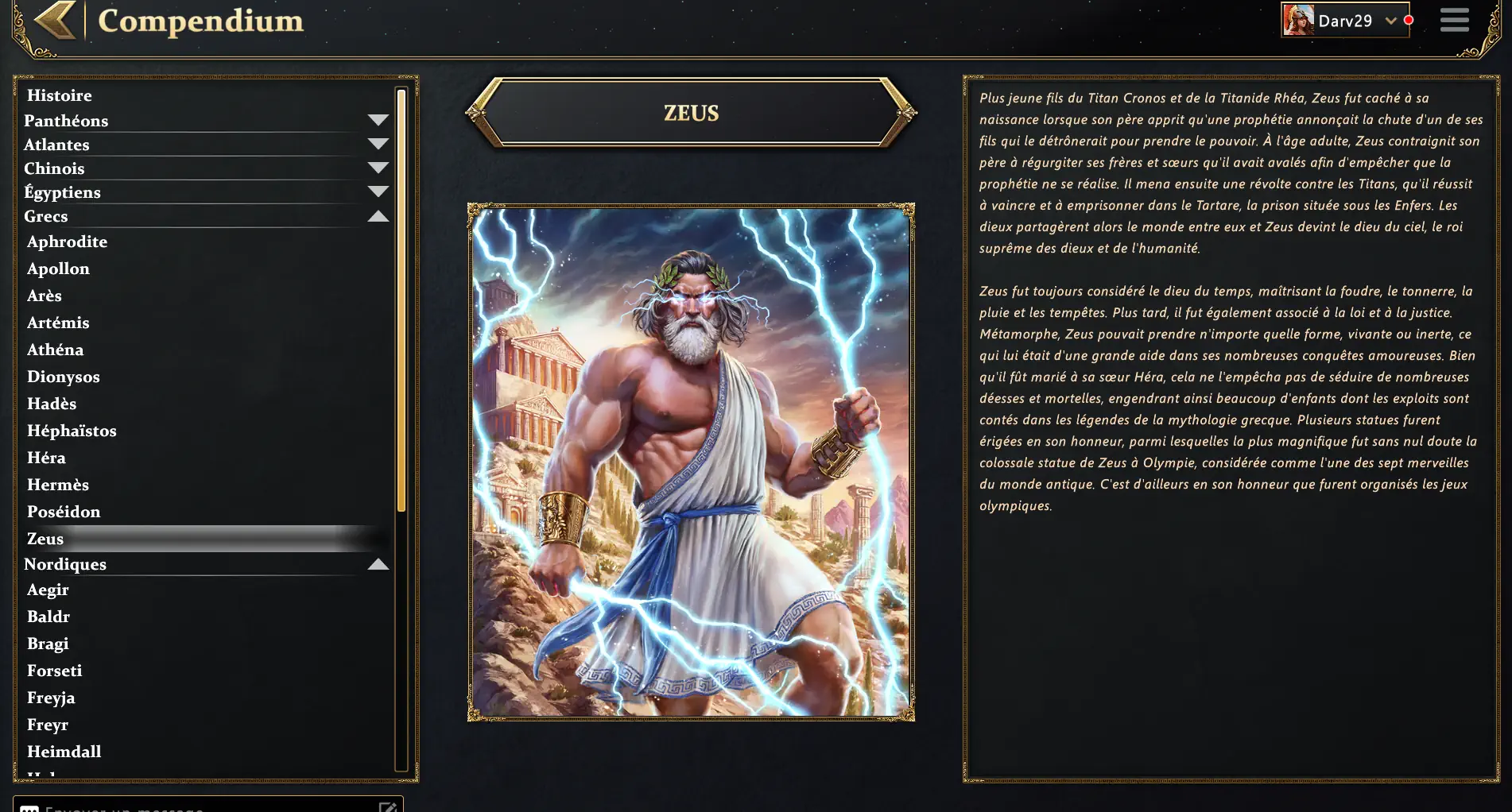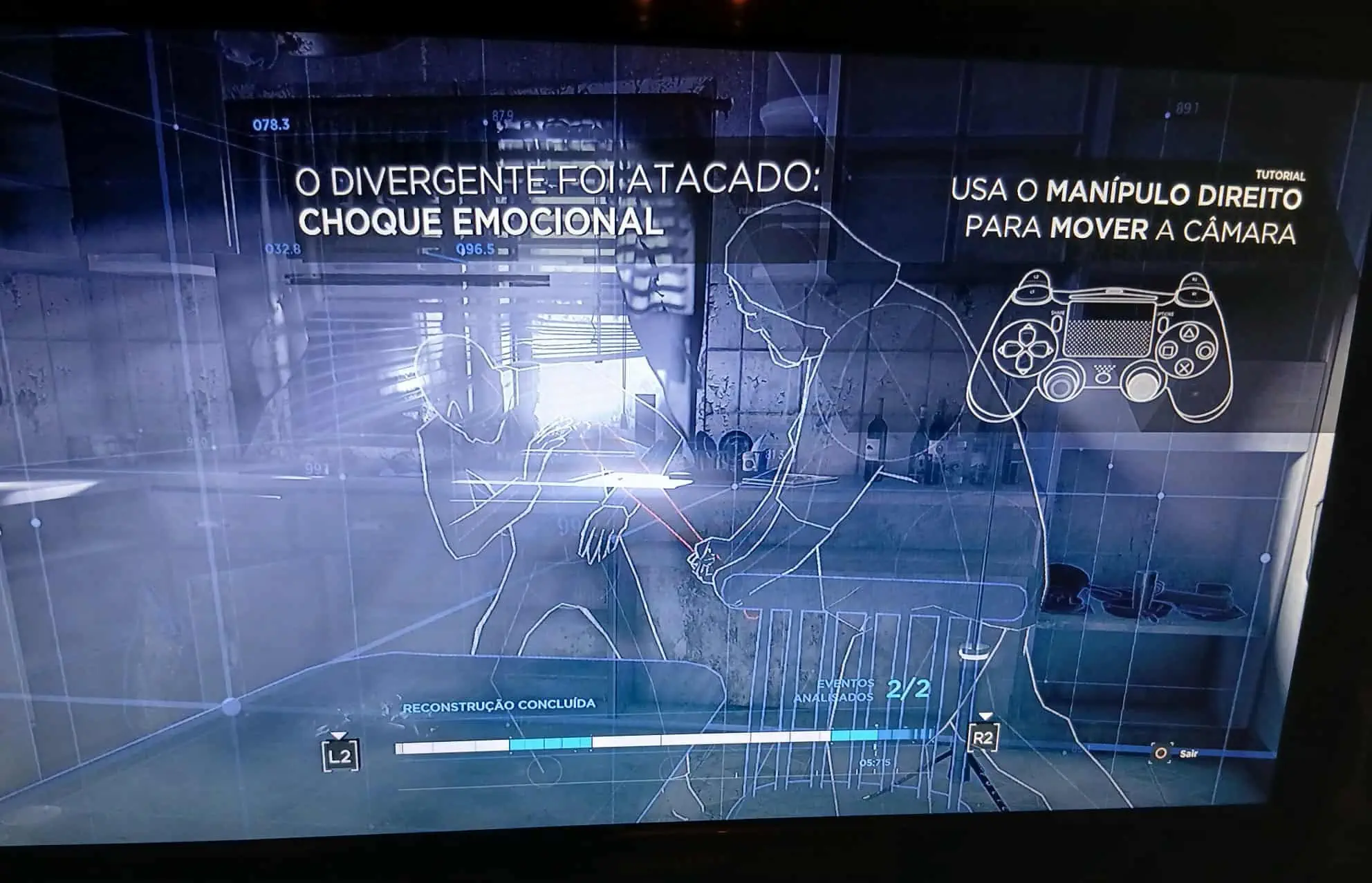🎮 How Do Video Games Hone Your Language Skills and Keep You Motivated?

Hey, that’s me in my stugaming spot
You’re keen on learning French, but time slips away and you just don’t feel like opening a textbook. What if we used the power of video games to actually enjoy the learning process?
My name is Marvin, also known as Darv, and in this blog at Level Up Your French we explore how video games can be a powerful learning tool to enhance language learning. As someone passionate about both teaching and gaming, I keep studying the didactic possibilities and I want to share my findings with you, so that we can all benefit from what research says about learning through games.
This first article is a global introduction to the advantages that video games bring to learners. After looking at the benefits for the different language skills, we’ll dive into the game mechanics that encourage improvement for gamers.
📝 Language Skills Enhanced by Gaming
📖Reading
Reading is everywhere in video games. Quests, items, dialogues. The amount of input is tremendous and creates a ton of learning opportunities.
The experience is also customizable. You decide how much you want to read. You can go for the bare minimum just to complete your quests, or you can dig deeper into collectibles and lore items to get even more reading exposure.
Right now, I’m playing Detroit: Become Human, and I notice there are newspapers I can take time to read carefully. But if I feel saturated, I can just skip them and move on to the next point of interest.

Optionnal reading in Detroit: Become Human. A great opportunity for me to practice reading out loud.
👂Listening
This customization also applies to listening, because you can pick both the audio language and the subtitles.
I generally recommend French audio with French subtitles, but I can’t deny that I learned a lot as a teenager when I played Final Fantasy X with English voices and French subtitles. That moment when I read “je ne te décevrai pas” while hearing “I won’t let you down” on Mount Gagazet is still engraved in my memory.

English audio and French subtitles on FFX, back to my teenage years!
Video games give you access to such a wide range of voices that you get to train your ear with different accents and intonations.
✏️Writing and Speaking🗣️
As counterintuitive as it may sound, video games can also improve your writing and speaking, even if you don’t practice them directly. According to my readings, learning through video games is multimodal: a mix of sounds, images, actions, and texts that create connections in your brain. This strengthens your ability to build sentences, and when the time comes to produce language, you can call upon these structures more easily.
❓Cultural Knowledge
On top of that, video games also bring cultural knowledge through their stories and worlds. You can learn historical facts with Assassin’s Creed Unity, which takes place in Paris during the Revolution, despite a few inaccuracies.
Civilization offers an amazing encyclopedia full of famous figures, wonders, and scientific discoveries.
As for me, most of what I know about Greek mythology comes from playing God of War or Age of Mythology over and over again. I just absorbed the facts along the way.

Cultural explanations you can find in the menu of Age of Mythology: Retold.
🔥Motivation and Learning Mechanics
🎯Goal-Oriented Learning
But language learning is not only about mastering skills and accumulating knowledge. It’s also about staying motivated, keeping the passion alive, and making progress in the long term. And video games are great at doing just that.
First of all, games are goal-oriented, while academic drills are language-oriented. In other words, language in a game is a tool you use to achieve bigger goals: rescuing a princess, saving the planet, solving a mystery.
You’re not learning the passé composé just to conjugate verbs, you’re learning vocabulary and structures to complete your in-game quest. This shift in focus keeps you motivated and prevents the boredom of repetitive grammar drills.
🪜Step-by-Step Progression
Games also foster learning from experience. Every game is built around cycles of learning.
Let me break it down. When you start a new game, especially your very first time, you need to go through a tutorial. That’s where you learn the basic commands, like wielding the simple sword and shield they give you at the start. Once you master those, you learn to use a bow. Later, you unlock an ultimate ability. The gameplay gets more complex level by level, giving you time to master each step.
Have you ever tried to play straight into a friend’s endgame save file, where every skill and enemy is unlocked? Total nightmare. This step-by-step process is what deep learning looks like. It allows slow learning at your own pace, reduces frustration and anxiety, and helps you stay motivated.
Pushing yourself just slightly above your current level is also how you enter the famous flow state.
❌Trial and Error
And last but not least, progressing in a video game is all about trial and error. You learn by doing. Sure, you get some explanations along the way, but it’s action that moves you forward.
And that means mistakes are a natural part of the journey. Who has ever beaten a game on their very first try without dying once? Not many. Failing is part of the game, it wouldn’t be called a game otherwise following the definition of Gilles Brougère (Jouer/apprendre, 2005).
Unlike in classrooms, where mistakes often cause stress or even guilt (I’ve seen many students apologize for them), video games integrate mistakes into the mechanics. That makes them normal, even expected.
A recent example for me is when I played Detroit: Become Human in Portuguese. I had to inspect many parts of a house to reconstruct a crime scene. Then I had to report to my superior with multiple-choice options, only one of which was correct. Between the language barrier and the short timer, I failed hard. Big L. But it didn’t matter, the game continued anyway, and I kept enjoying it. I just hope I’ll do better next time.

The investigation I failed to resolve in Detroit: Become Human.
Conclusion
In conclusion, video games offer many advantages for language learners, and we’ve only scratched the surface here. They provide a huge amount of input, especially for vocabulary and reading, but also for listening, writing, and speaking.
They help us stay motivated, they allow slow and deep learning, and they normalize mistakes instead of punishing them.
Research tends to agree: using video games for language learning has a positive impact. The real question is, how will you implement them in your daily practice?
So next time you pick up a controller, don’t feel guilty. You might be farming XP not only in the game, but also in your French.
If you want to receive my latest news about language learning and video games, feel free to access my newsletter and in addition to that, I offer a vocabulary guide with the words you need to know to jump into your first gaming sessions 😊
/
